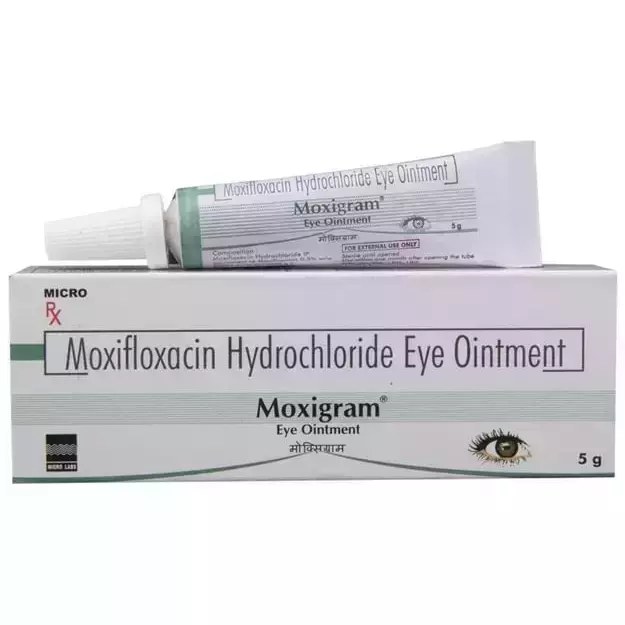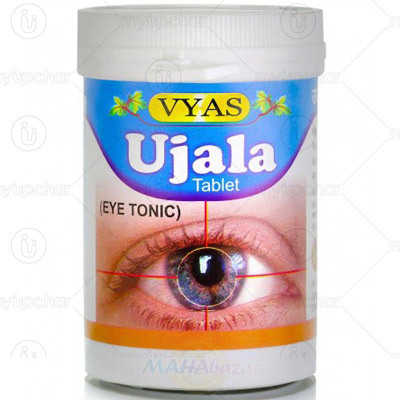MFC Eye Ointment is a prescription medicine that is available as a Ointment. Primarily, it is used for the treatment of Bacterial Infections. Secondary and off-label uses of MFC Eye Ointment have also been mentioned below.
The right dosage of MFC Eye Ointment depends on the age, gender, and medical history of the patient. The condition it has been prescribed for, and the route of administration also determine the right dosage. Refer to the dosage section for a detailed discussion.
MFC Eye Ointment also has some side effects, the most common being Nausea or vomiting, Diarrhoea. Apart from the aforementioned side effects, MFC Eye Ointment can also lead to other problems, which have been listed below. Normally, these side effects of MFC Eye Ointment are not long lasting and go away when the treatment is finished. However, if these continue for a longer time, consult your doctor right away.
Furthermore, you should know that effect of MFC Eye Ointment is Moderate for pregnant women and Severe for women who are breastfeeding. In addition, MFC Eye Ointment's effects on the liver, heart and kidney are discussed below in the MFC Eye Ointment related warnings section.
MFC Eye Ointment is contraindicated in people with pre-existing medical conditions like Myasthenia Gravis (MG), Peripheral Neuropathy, Neuropathy, Peripheral as it can result in adverse effects. Other contraindications of MFC Eye Ointment have been discussed in the sections ahead.
Besides this, MFC Eye Ointment may also have severe interaction with some medicines. Refer to the list below for further details.
You should also be aware that MFC Eye Ointment is not safe while driving, and is not addiction.
X

















